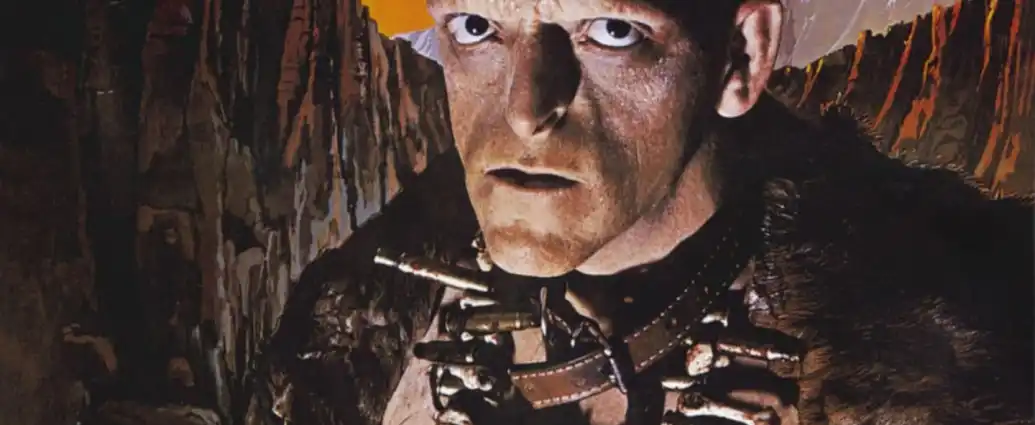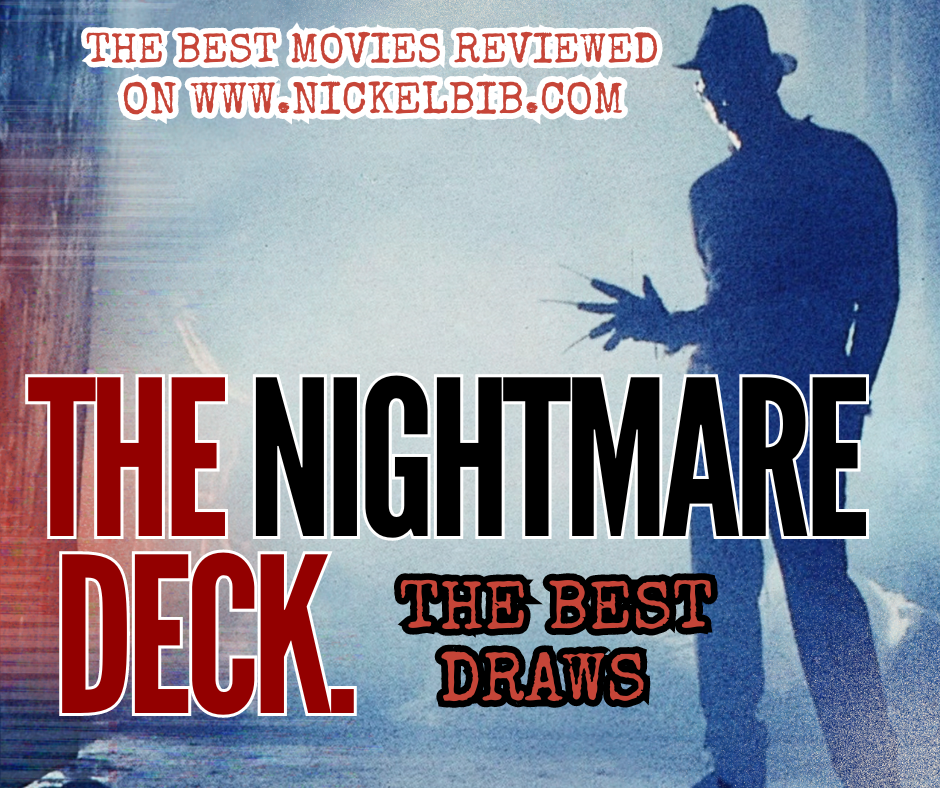Since it feels like my biggest criticism on The Brides of Dracula film dealt mostly with its lack of originality, I decided the next Hammer Horror picture I should review should be south of the border, so-to-speak. If offered a choice, I always single-out Dracula, whether I’m looking for a Hammer Horror film or a Universal Monster movie, Dracula is the character I am most interested in. I believe this has most-to-do with my perception of each of the characters through the years and not necessarily the quality I attach to each individual film. In this latest film Night Creatures, however, I will find no caped vampires, no howling wolf’s, and no mummies. Night Creatures, other-wise known as Captain Clegg, is a film of a different breed.
The 1962 British adventure horror film was directed by Peter Graham Scott, drawing inspiration from Doctor Syn, a book series written by Russell Thorndike. The film stars Peter Cushing, Yvonne Romain and Patrick Allen.
The feature begins in 1776 as a sailor is left on an island to death after assaulting the wife of pirate captain Nathaniel Clegg. By 1792, our pirate captain Clegg has allegedly been captured and hanged by the Royal Navy. The countryside surrounding his resting place is home to a group of masked figures called the Marsh Phantoms who ride on horseback in the night and terrorize the villagers. All of this, as interesting as it may sound, does not prepare you for a lot of the film that awaits, however.
I found myself taken by the Marsh Phantoms; a visual presence that I believe serves as the single-most striking image in this film. They aren’t an unheard of visual. The Marsh Phantoms don skeleton glow-in-the-dark skeletal costumes as they wreak havoc, offering a bright-white contrast against the nighttime backdrop.
Everything takes a turn in the film as Captain Collier and his band of sailors arrive in Dymchurch to investigate reports that the locals have been involved in the smuggling of alcohol from France. Remember that sailor who was left to die on the island? That sailor now accompanies the sailors as a slave, apparently with a heightened sense of smell that allows him to seek out wine from a great ways. Despite the sailors’ inability to find any of the sought after wine, the village is, in-fact, housing smugglers led by the village parson Dr. Blyss, played by Peter Cushing. That’s what this film is about, for lack of revealing more sensitive information on its behalf.
I have conflicting thoughts about this film.
Straightaway I’ll say that, for a film that’s less than an hour and a half, Night Creatures feels like it takes forever to end. Also, having watched the film, I can say the title Night Creatures is far more misleading than the original Captain Clegg title.
The film is not a horror film and not an action film either, not by standard definition. While the film does see glowing skeletons on horseback for a short period and Peter Cushing does, in-fact, swing across a chandelier, I would not say either of those fulfills the necessary requirements to be called either action or horror. You could, at best, call it horror-adjacent, but I think it would be more appropriate to call it a period-drama. After all, the film’s primary concern is finding all this unaccounted for alcohol! Spooky stuff.
The acting is straightforward and plain, with certain characterizations that can best be described as hammy or over-the-top, like our death-sentenced sailor turned servant, affectionately named “Mulatto” in this film (an offensive phrase meant to describe someone who is mixed-race). The character, played by professional wrestler Milton Reid (or The Mighty Chang), feels akin to a feral child with animal-like behaviors. I would say Peter Cushing’s performance is the highlight of the film, carrying a certain stoic wit in his banter that I enjoyed. He’s an actor I believe would benefit from other, more light-heart characters bouncing off of him, and yet, I find so many of his films have the balance beam shifted in such a way that doesn’t compliment his natural and frank acting-style.
The photography and visuals of this film, through cinematography conducted by Arthur Grant, are worthy of recognition. I mentioned the black-and-white contrast during the Marsh Phantoms’ presence, but the photography, complimented by the film’s settings are on-point.
I believe the story-line in this film had potential, but is bogged down by its inability to engage through enticing dialogue or enthusiastic ideas. I feel that the film’s closing moments bring things together to a satisfactory conclusion. Now, since disclosing the finer details would be obtrusive to your own viewing experience, I’ll keep a lid on exactly what I mean by that. However, the problem is, it feels like the film has such trouble in the mean time of its payoff, as though it’s suspended in limbo until the eventual reveal. The moments beforehand feel ho-hum and arduous, with the run-time feeling padded and wasteful. I’d call myself a big stickler when it comes to wasting time, and, for a film that’s so short as it is, for its scenes to plod on like they do, it highlights the feebleness of its script.
I liked Captain Clegg (that’s the name I’ve decided I like best) more than I liked The Brides of Dracula, but, for its pitfalls and tedium, I can’t help but consider it another tally in the loss column as far as my experience with Hammer films. It’s disappointing and not what I’d like to be writing, but it’s the opinion I’m left with. It isn’t that I dislike Captain Clegg as a film, but, rather, it’s like I was left no particular reaction to it whatsoever.





